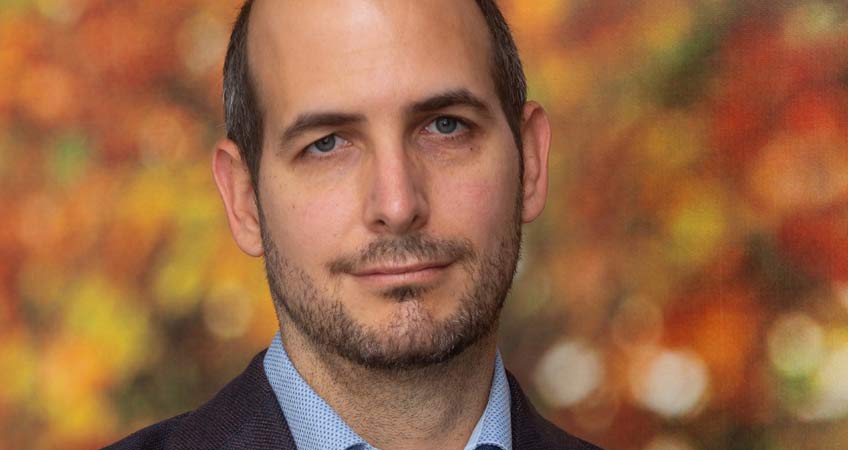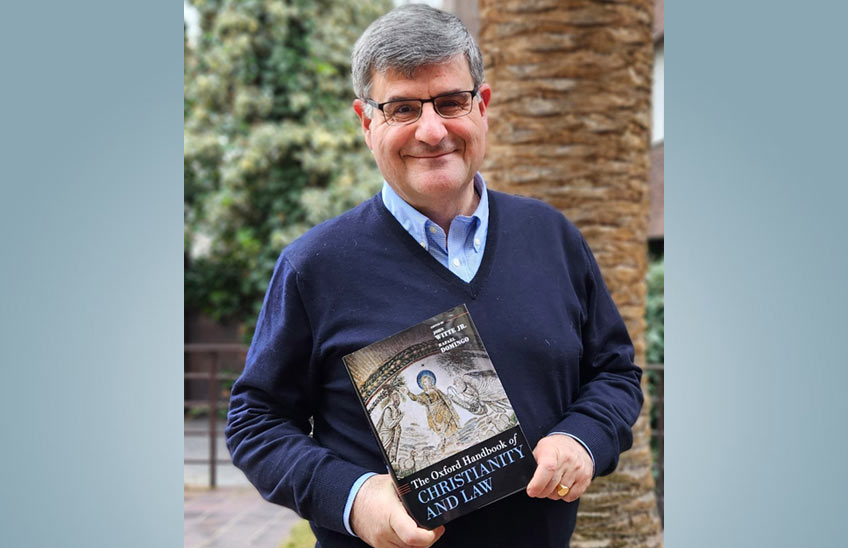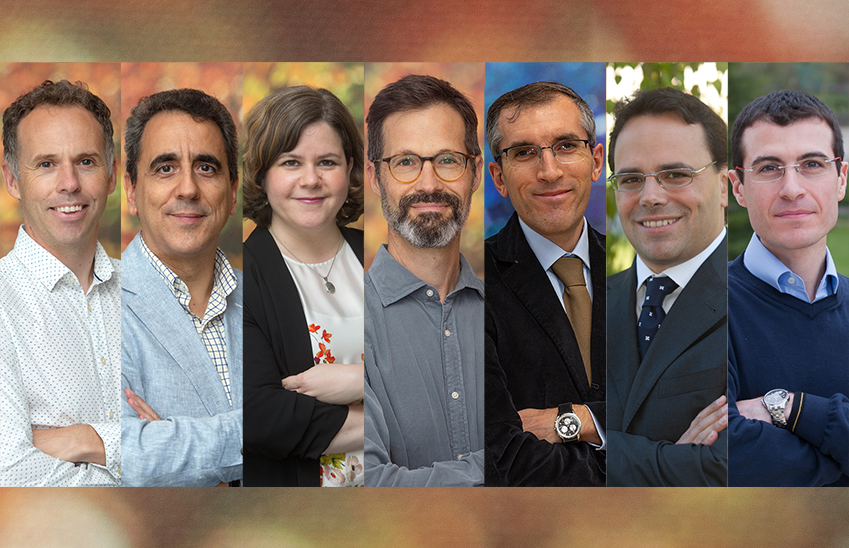20221209_ICS_denardi
A stay in Germany to analyze the historical evolution of the concept of civil liability for fire damage
Loris de Nardi, researcher Marie Curie of Institute for Culture and Society, visited the Max Planck Institute for Legal History and Legal Theory to review publications from area .

PhotoManuelCastells
/Loris de Nardi
09 | 12 | 2022
Loris De Nardi, researcher Marie Curie of the Institute for Culture and Society (ICS) of the University of Navarra, has stayed at the Max Planck Institute for Legal History and Legal Theory (Frankfurt, Germany).
His goal was toreview yearbooks and journals of the legal and historical area to analyze how the approach of civil liability for the risk of fire changed in the eighteenth and nineteenth centuries in the Iberian Peninsula. "In the Ancien Régime, there was no such thing as a crime of negligence to be punished in the criminal sphere. It began to be included in the nineteenth-century codes, especially in relation to fires," he explains.
From agreement with the documentation he has consulted, he points out that the discussion to make citizenship more manager with respect to the use of fire began mainly in Germany and from there it went to Italy and Spain. "It was seen that it was not enough to ask for compensation for damages and they started to impart punishments from the Criminal Law", he adds. "The penalties were very light, but they were an incentive for citizens to resort to fire in a more conscious way and manager".
Loris de Nardi also concluded that in the 19th century, subjective liability - there is only fault if there is a will - was questioned, which was born with the Roman Law, to speak of strict liability - even if there is no will, there is fault. "We find this liability in the Germanic law of the barbarian peoples who invaded the Roman Empire and it re-emerged in the 19th century and, above all, in the 20th century," De Nardi points out.
Protection of property and citizenship rights
The researcher comments that strict liability is evident in home insurance or potentially dangerous pets. It is a process that began with the French Revolution," he says. It was an opportunity for bourgeois society to defend a criminal legislation of property, which was mainly threatened by fire".
According to him, for the bourgeois, being a citizen implied the enjoyment of a whole series of rights, but this was linked to the possession of property: "Fire was also a threat to the right of citizenship. That's why the bourgeois decided to protect their property more carefully". This is the reason, he points out, for the founding of insurance companies and the creation of fire insurance for private property in the 19th century.
In the framework of his stay, Loris De Nardi presented advances of his research in the seminar 'Legal History in the Iberian Worlds'. The project that he is developing at the ICS with funding from the European Commission is entitled 'The role of tort reform in fire risk reduction in the Iberian Peninsula (18th and 19th centuries)'.





